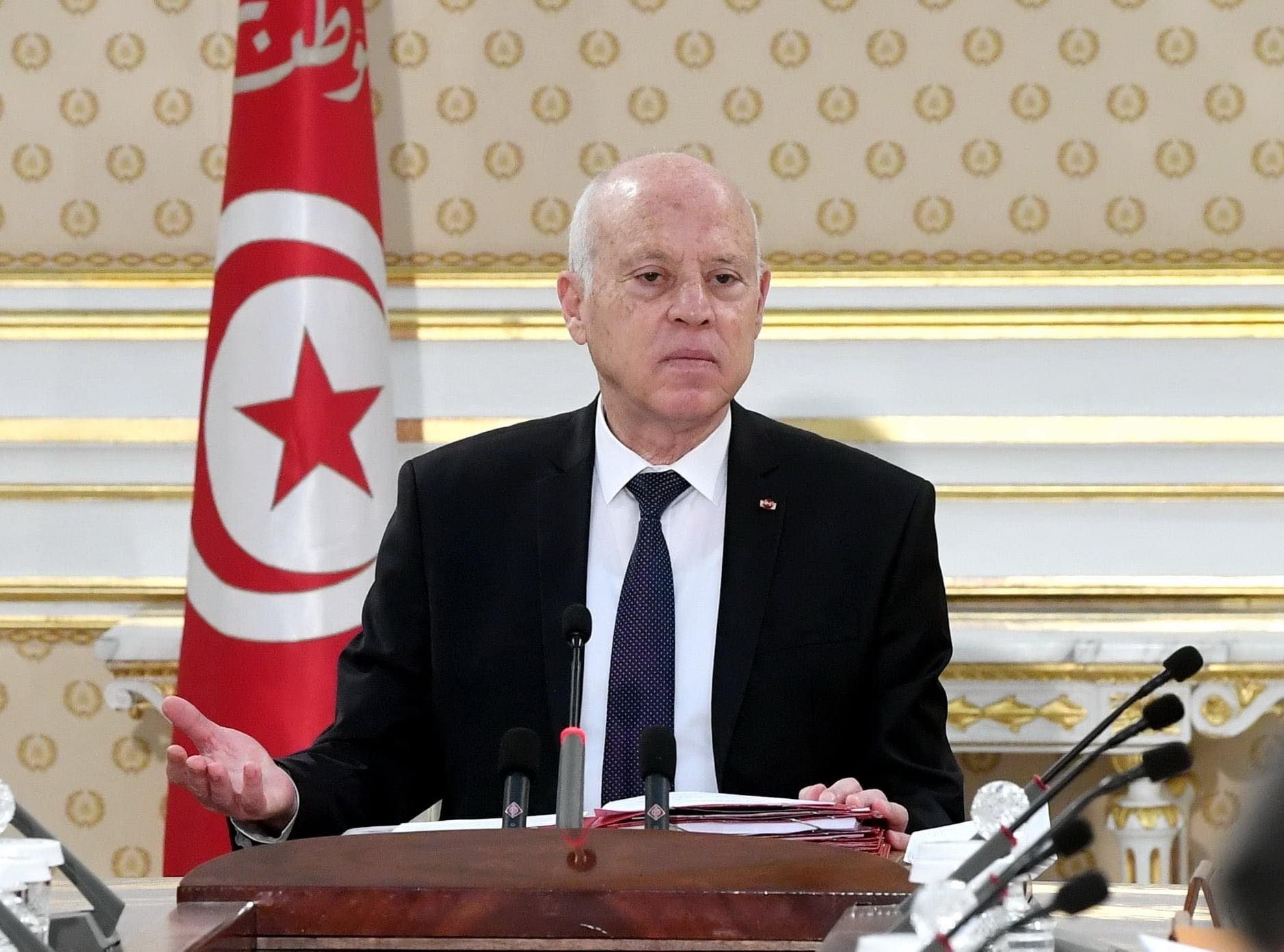The Tunisian authorities must immediately release detained opposition politicians Noureddine el-Bhiri and Fathi Baldi and end the abuse of emergency powers to subject members of the political opposition to arbitrary arrest and other human rights violations, said the ICJ today.
Lisez ce communiqué de presse en Français.
.هذا البيان متوفر باللغة العربية أيضاً
On 31 December, forces under the Ministry of the Interior reportedly arrested el-Bahiri, a former Minister of Justice and member of Parliament, and Baldi, a former Tunisian official and held them in secret and unacknowledged detention. Both are members of the opposition Ennahda party.
“These arrests, which amount to the crime of enforced disappearance and arbitrary detention, constitute a flagrant assault on the rule of law and human rights”, said Said Benarbia, Director of the ICJ’s MENA Programme.
According to his legal team, el-Bhiri was held in a secret location for three days before being transferred to Bizerte North hospital when his health conditions had seriously deteriorated. Reports suggest that Baldi held in the same secret detention facility, but family testimony suggests that they have not received any information as to his whereabouts.
On Monday 3 January, following el-Bhiri’s transfer to hospital, the Minister of Interior declared that two unnamed men had been detained on terrorism-related grounds, including alleged involvement in assisting two Syrian nationals to acquire Tunisian citizenship between 2011 and 2013. While the persons referred to are presumed to be el-Bhiri and Baldi, the competent authorities have yet to make a statement acknowledging their identity, the specific basis for their detention and the location of their detention.
“President Saied and his security services are going to disgraceful lengths to stifle the political opposition,” said Benarbia. “They are bringing Tunisia back to its recent history of enforced disappearances, secret detentions and abusive use of emergency and counter terrorism measures.”
Rather than waiting for the Prosecutor to complete ongoing investigations into the allegations against el-Bhiri and Bladi, the Minister of the Interior issued urgent orders for their “house arrest,” using a 1978 Emergency Decree, on the justification that this action would ‘preserve public security and order’.
“House arrest does not involve holding people in secret, unofficial detention facilities, outside the protection of the law, without any judicial oversight,” added Benarbia. “The Tunisian government must come clean and disclose where the two men have been detained and under what authority.”
The ICJ is concerned that the arrests and detention are replete with human rights violations in contravention of Tunisian law and Tunisia’s international human rights obligations. These include failure to acknowledge their arrest or disclose their whereabouts in detention; denial of access to legal counsel; detention without formal charge, and failure to bring them promptly before a judicial authority.
Their continued detention is unlawful, and the failure disclose Baldi’s whereabouts constitutes an ongoing enforced disappearance, a crime under international law.
The ICJ emphasized that If they are not promptly charged by authorized authorities with a recognized criminal offence under law, they must be immediately released.
“Since President’s Saied’s power grab, human rights in Tunisia continue downward spiral with no end in sight, “added Benarbia. “We call on the international community to urge him to reverse course of action and re-establish the rule of law and the constitutional order as a matter of urgency.”
Background
Tunisia’s democracy is in crisis. On 25 July 2021, invoking article 80 of the Constitution on exceptional measures, President Kais Saied dismissed the government, declared himself the head of the executive branch and the Public Prosecution Office, suspended the country’s legislature (the Assembly of the People’s Representatives, ARP), and stripped the ARP’s members of their parliamentary immunities.
Presidential Decree No. 117 of 22 September 2021 suspended most of the Constitution and entrusted the President with full executive and legislative powers, including to rule by decree on the functioning of the judiciary; the military; the security forces; political parties; unions and associations, without any possibility of judicial and/or constitutional review.
On 13 December 2021, President Saied announced his intention to prolong the suspension of Parliament for a year and to establish “a new Constitution” in 2022.
Download a PDF version of this press release in English, French, or Arabic
Contact
Said Benarbia, Director, ICJ Middle East and North Africa Programme, t: +41-22-979-3817; e: said.benarbia(a)icj.org
Asser Khattab, Research and Communications officer at the ICJ Middle East and North Africa Programme, e: asser.khattab(a)icj.org




